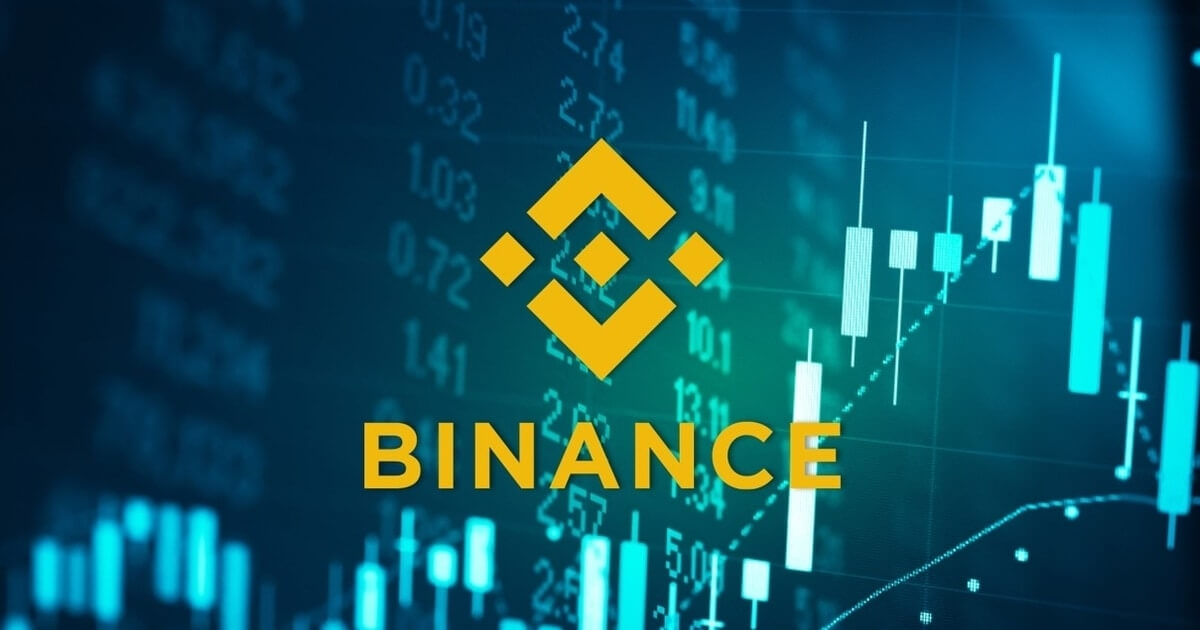Binance US Faces SEC Accusations Over Alleged Securities Trading Violations
Luisa Crawford Jun 05, 2023 09:10
The Securities and Exchange Commission (SEC) has leveled a series of accusations against the US operations of cryptocurrency exchange Binance, casting a significant cloud over the future of the platform in the United States.

The Securities and Exchange Commission (SEC) has leveled a series of accusations against the US operations of cryptocurrency exchange Binance, casting a significant cloud over the future of the platform in the United States.
In a formal complaint, the SEC claimed that Binance US facilitated trading in a range of tokens identified as securities without the requisite permissions. The assets in question include Binance Coin (BNB), Binance USD (BUSD), Solana (SOL), Cardano (ADA), Polygon (MATIC), Filecoin (FIL), Cosmos (ATOM), The Sandbox (SAND), Decentraland (MANA), Algorand (ALGO), Axie Infinity Shards (AXS), and Coti (COTI).
The SEC's allegations also extend to investment schemes run by the platform. Binance's BNB Vault and Simple Earn programs, as well as a staking investment plan, are accused of having operated outside of US regulatory oversight.
The accusations seem to point to a fundamental charge of intentional evasion of US supervision by Binance, a claim that could carry significant implications for the cryptocurrency exchange's operations within the country.
However, it is important to clarify the nature of these charges. The allegations brought forth by the SEC, as well as those by the Commodity Futures Trading Commission (CFTC), against Binance are civil, not criminal in nature. This marks a distinction from the money laundering charges faced by other exchanges such as BitMEX in previous cases.
The fallout from the accusations is yet to be fully realized, but this could mark a pivotal moment in the ongoing tug-of-war between cryptocurrency exchanges and regulatory bodies. As Binance contends with these accusations, the crypto industry will no doubt be watching closely, aware that the outcome could have far-reaching implications for the future of digital asset trading in the United States.
Image source: Shutterstock.jpg)